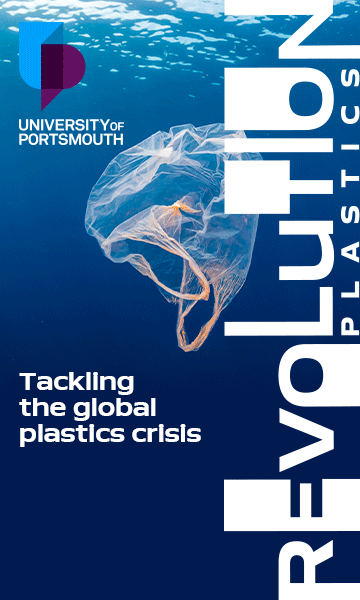Plastic pollution is reaching crisis level. Of the 1 million plastic bottles sold every minute across the globe, only 14% are recycled. The vast amount of unrecycled plastic that ends up in our oceans contaminates marine ecosystems and harms ocean life.
A huge part of the problem is the strong plastic used in drinks bottles: polyethylene terephthalate (PET). It currently takes hundreds of years for PET to break down naturally in the environment.
But now a team – led by our own Professor John McGeehan, Director of the Centre for Enzyme Innovation, and Dr Gregg Beckham of the US Department of Energy’s National Renewable Energy Laboratory (NREL) – has created a new mutant enzyme that breaks down plastic bottles faster.












